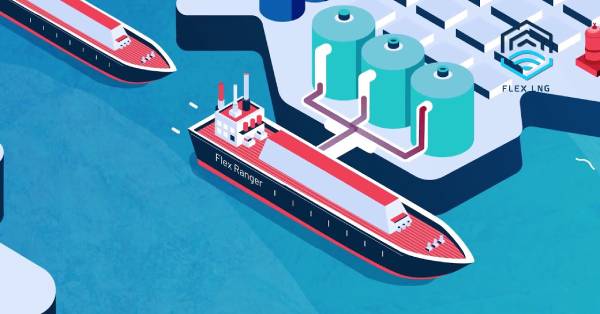Flex LNG Ltd has agreed two Time Charter Agreements (“TC”) with a minimum firm period of three (3) years for each of its two existing LNG carriers, Flex Resolute and Flex Courageous. The Charterer, an Energy Major, will have the option to extend each ship by two additional two-year periods bringing the total period to seven (7) years under each of the TCs.
Under the TCs, the vessels will be delivered to the Charterer during the first quarter of 2022 in direct continuation of their existing TCs. Both ships are large LNG carriers with ME-GI propulsion and a cargo capacity of 173,400 cbm. Furthermore, Flex Couragous is equipped with Partial Reliquefaction System while Flex Resolute is equipped with Full Reliquefaction System bringing the active boil-off rate down to 0.075% and 0.035% respectively. This makes the ship very flexible and fuel efficient for transportation of large LNG parcels with close to zero per cent methane slip from the main engines.
The TCs remain subject to final documentation and certain closing conditions.
Øystein M Kalleklev, CEO of Flex LNG Management AS, commented:
“We pleased to announce another pair of attractive time charter contracts this time with an Energy Major. Since April we have thus secured long term fixed hire employment for eight, possibly nine of our ships in line with our communicated strategy of securing attractive revenue backlog once the market has improved. Our firm contract backlog is now about 33 years with a further 36 years of optional backlog. This highlights the attractiveness of owning and operating highly efficient ships with significantly lower carbon footprint than the older generation ships.”
Source:Flex LNG









































